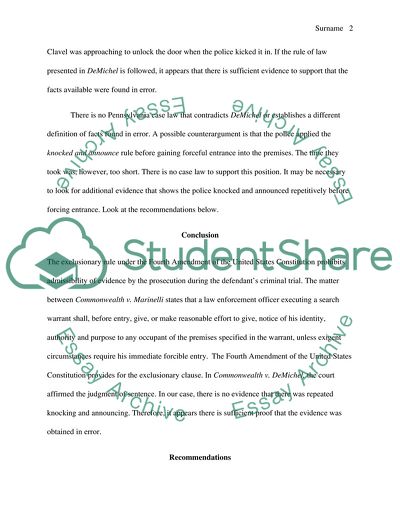The Fourth Amendment To The US Constitution In Arbitrage Practice Admission/Application Essay. Retrieved from https://studentshare.org/law/1581814-draft-second-office-memorandum
The Fourth Amendment To The US Constitution In Arbitrage Practice Admission/Application Essay. https://studentshare.org/law/1581814-draft-second-office-memorandum.


